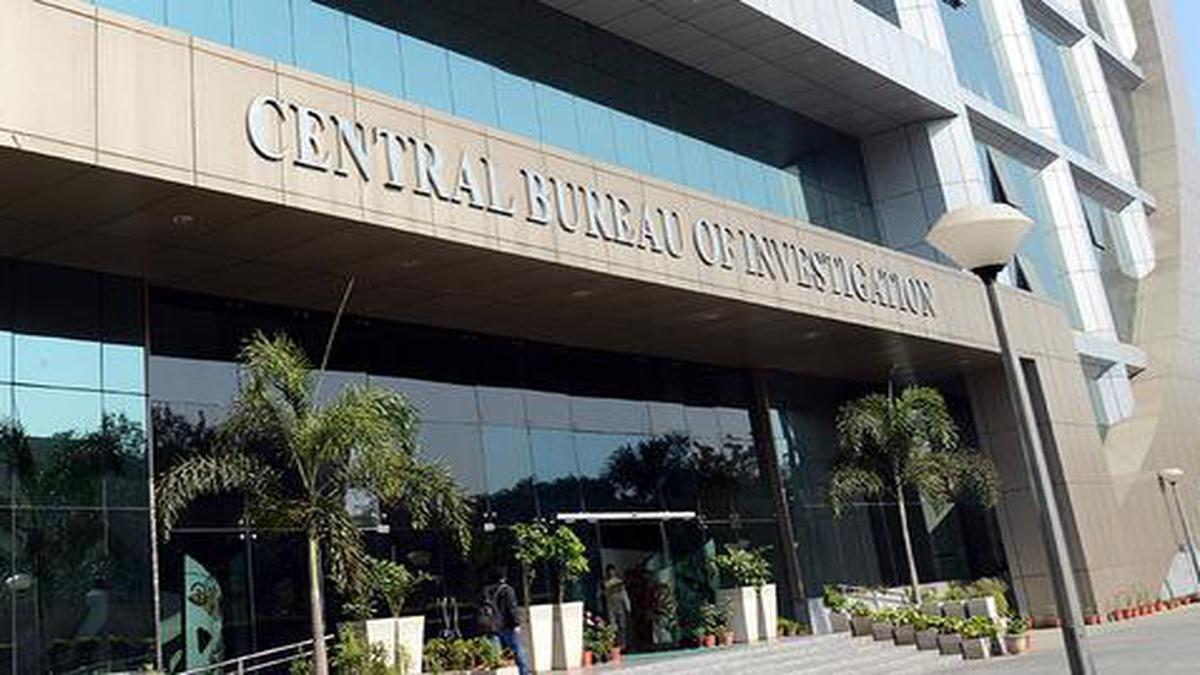Now Reading: Tamil Nadu Invokes Goondas Act Against Economic Offenders for the First Time
-
01
Tamil Nadu Invokes Goondas Act Against Economic Offenders for the First Time
Tamil Nadu Invokes Goondas Act Against Economic Offenders for the First Time

Quick Summary
- The Economic Offences Wing (EOW) in Tamil Nadu has started detaining economic offenders under the state’s Goondas Act to combat rising financial fraud.
- The initiative is intended to deter potential offenders and highlight strict consequences for economic crimes, according to Director-General of police Shankar Jiwal.
- A July 8 government order empowers the EOW to act under this provision due to increasing cases of financial fraud in the state.
- The founders of Sree Nesha Company-C. Senthilkumar, his wife Jeyanthi, and their relative Sakthivel-allegedly defrauded investors by offering returns including gold coins and interest on deposits but failed to deliver.
- Funds raised were claimed to be used for educational and medical support for Scheduled tribes, though no promised returns were given back to investors.
- following investigations, Senthilkumar and Jeyanthi were arrested on July 16, remanded in judicial custody at Madurai Central Prison, and detained based on an order issued by Dindigul Collector S. Saravanan upon recommendation from EOW South Zone’s Superintendent of Police.
Indian Opinion Analysis
Tamil Nadu’s decision to utilize the goondas Act against economic offenders marks a critically important shift in tackling financial frauds that have long plagued sections of society. By employing laws meant for habitual criminals against scam perpetrators, authorities are setting a firm legal precedent that demonstrates urgency in deterring such activities amidst rising cases statewide. This move might bolster trust among citizens who seek stronger protection against fraudulent schemes promising benefits like gold coins and interest rates.
While innovative enforcement strengthens deterrence mechanisms against organized scams targeting vulnerable demographics like Scheduled Tribes-a promise exploited by some fraudsters-it remains essential for future initiatives or policies addressing white-collar crime prevention within broader systemic frameworks beyond punitive measures alone.
Link for read more: Source Article
























